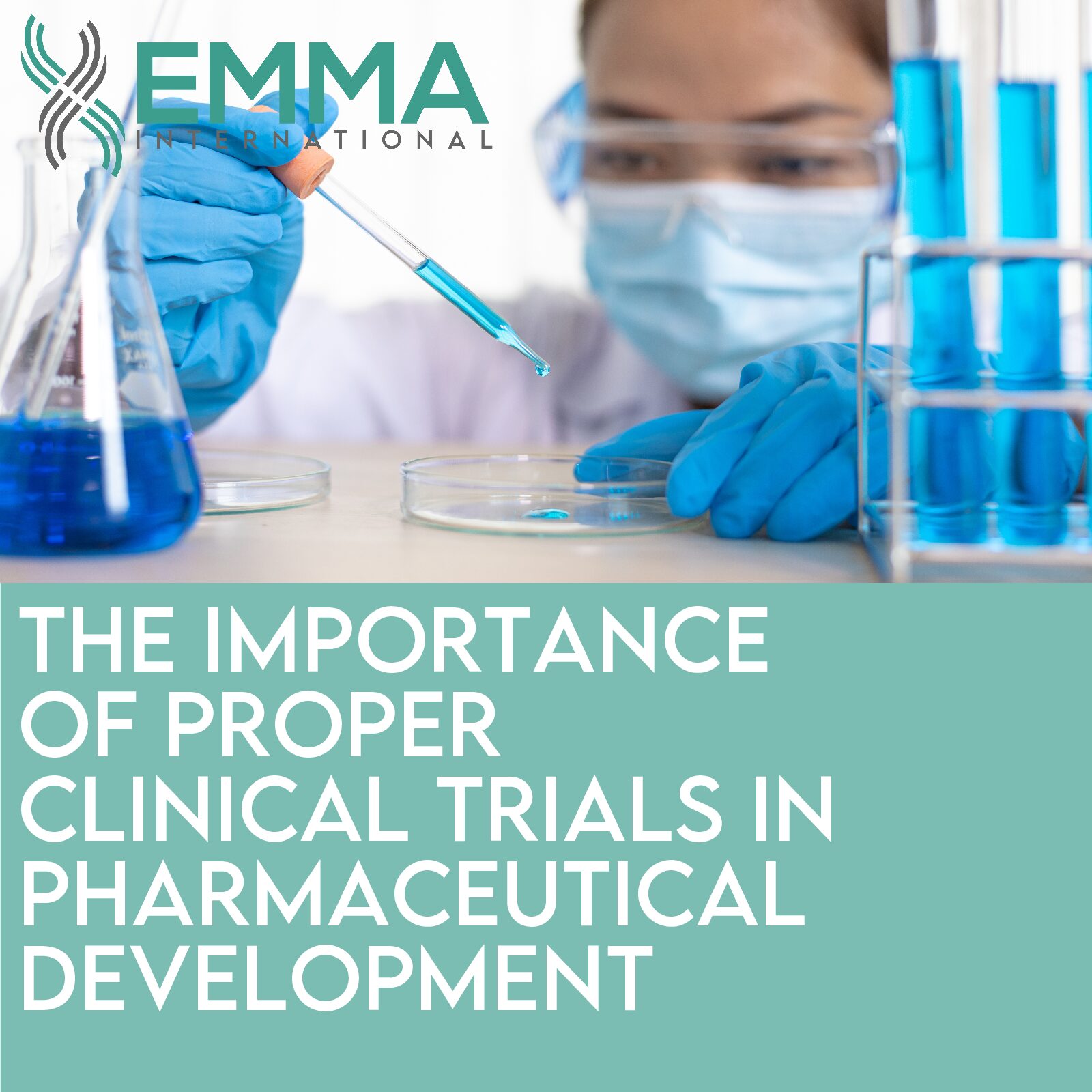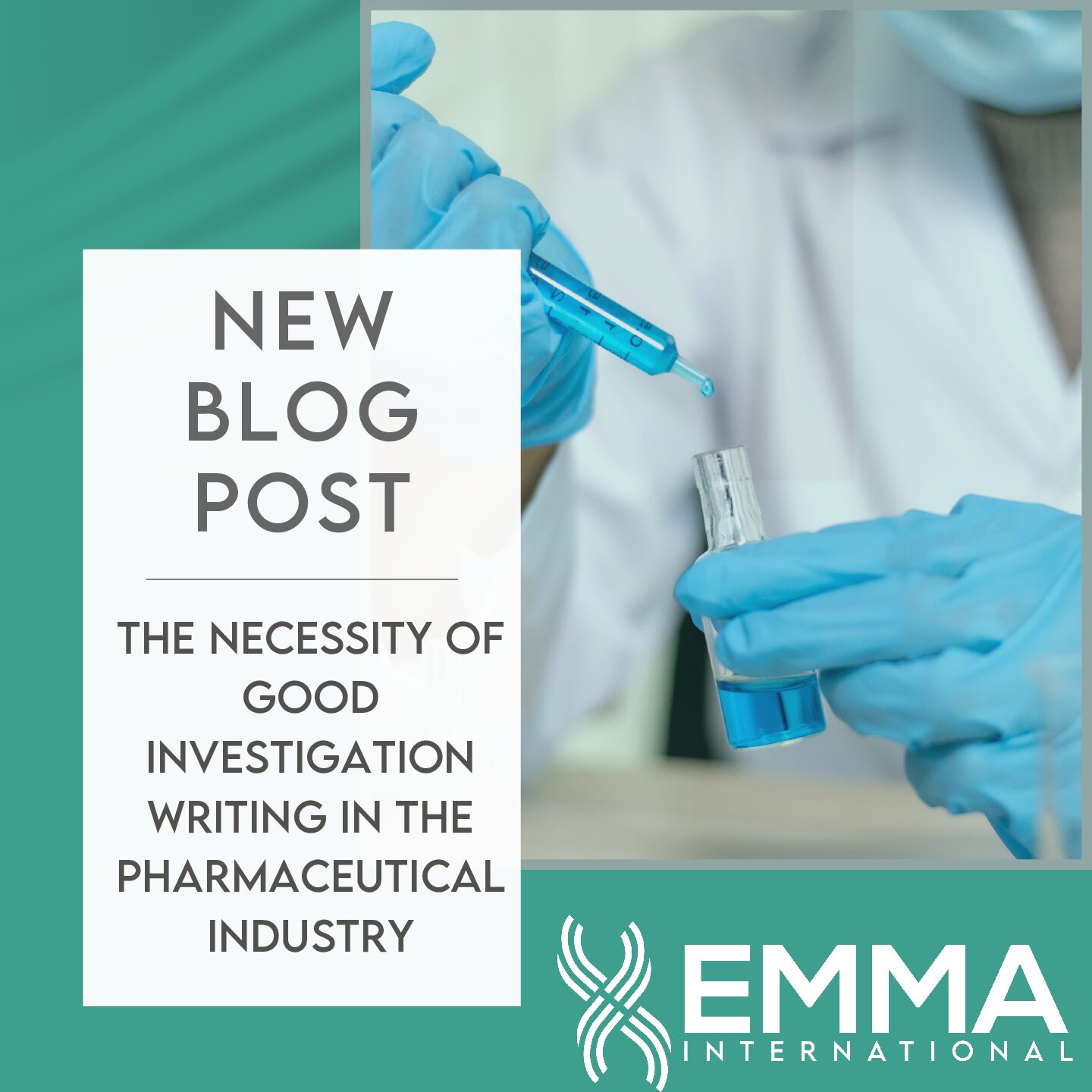Regulations ensure medical device manufacturers produce consistent safe products. A well-structured quality management system helps to guarantee this. Manufacturers are required to establish specifications for their products and processes and input a quality management system to ensure those targets are met. They are responsible for having objective evidence in meeting the established quality system requirements.
For products requiring FDA compliance, Part 820 of Title 21 of the Code for Federal Regulations (CFR) defines quality systems and good manufacturing practices for medical device manufacturers. Although the regulation states quality system requirements, it is up to the manufacturers to determine which constraints are applicable to their processes and products1. It is up to the manufacturer to determine the ways in which they intend to meet the quality system requirements. The quality system regulation is pertinent to all finished medical devices sold commercially within the US. While there are some medical devices exempt from certain GMP requirements, exempted manufacturers are still required to keep conforming files and design control records1.
ISO standards are global standards that specify requirements for organizations supplying medical devices. These constraints ensure compliance to customer and regulatory requirements. The ISO 13485:2016 standard intends to standardize medical device regulatory requirements for quality management systems. The standard is focused on customer requirements and has specific regulations to ensure customer satisfaction throughout the entire product life cycle, including the requirement of a Quality Manual1. The standard applies to all medical devices, despite the class.
Fundamentally, the ISO 13485 standard and the FDA 21CFR820 are not incongruent. While the United States currently relies on the FDA regulation, many other countries depend on the ISO standard. No matter where the end market is, EMMA International can help. Quality, regulatory and compliance experts can help develop a quality management system to safeguard the requirements or assist with regulatory submissions. EMMA can help bring your medical product from concept to commercialization. Give us a call at 248-987-4497 or email info@emmainternational.com to get in touch with our team of experts today.
References:
[1] Ruff, R., & Brown, S. (n.d.). Part II: Exploring the Relationship Between ISO 13485:2016 and the US FDA Quality System Regulation. NSF International.





